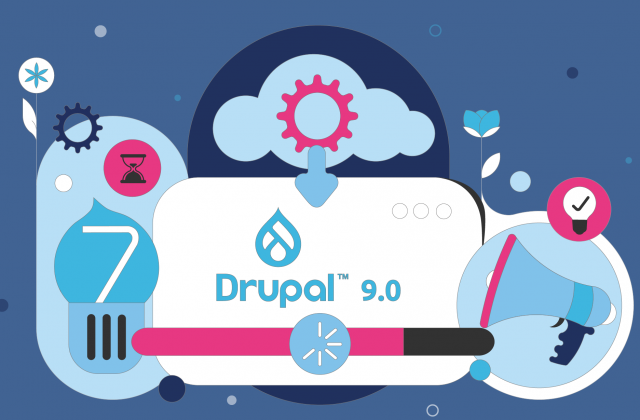
So, almost exactly one month after Google launched their App Engine, Amazon Web Services (AWS) have announced a considerable bandwidth price reduction. Google’s rival to AWS is still only in a closed beta release stage, but it has nonetheless already impacted positively on the breadth of options available to programmers – and now also contributed to reducing costs.
Amazon are unlikely to openly concede that their price cut is a response to the launch of Google’s free rival, but there can be no doubt that the reduction will make AWS more competitive against the GAE (N.B. the AWS price cuts are significant; heavier users could save somewhere in the region of 25%).
With Google’s App Engine still a limited beta release, and offering programmers fewer options than AWS, it will be a little while before Google can catch Amazon in this field. However, the price cuts show Amazon are taking nothing for granted – and are ensuring that their range of services continues to represent good value for money.

The real winners in this competition are developers, who now have cheaper access to AWS, as well as the option of Google’s free alternative. Amazon’s Jeff Bezos has publicly said that he doubts this sector will be a ‘winner takes all space’, but services do seem certain to overlap (and hence compete) in at least some areas.
While we eagerly anticipate for future developments to unfold, it’s worth taking a minute to consider the status of Google’s product, now about to enter the second month of its lifespan:
– The Google App Engine currently offers only free accounts (each with 500 MB of persistent storage, and enough CPU and Bandwidth for around 5 million views a month). There are plans to launch purchasable services in the future.
– The GAE supports only one programming language; Python, and frameworks that speak CGI or WSGI (with a CGI adaptor).
– Full integration with Google accounts is standard.
– The GAE is a lock-in platform.
As a result, in its current state the GAE still lags well behind the more established AWS. Many programmers see no reason to abandon PHP 5 in favour of Python (though it is expected that Google will ultimately support more languages in later versions). In addition there is the scalability issue. With Google’s current limits on bandwidth and storage, developers can find themselves locked in to a service that ends up holding them back once their big idea takes off.
However, the Google accounts integration will be a significant draw for some developers – and then there is always the question of the bottom line. Google’s services are seductively and irresistibly free, thereby greatly lowering the barriers to entry for prospective start-ups and new developers. Despite certain current (but only temporary) limitations on services, the free aspect will more than trump any reservations for many enterprises.
Amazon may lead Google in terms of both users and services at the moment, but Google’s strategy in essence represents a bid for the market of the future. Their hope is that the initial appeal of a free service will stimulate activity and increase the level of innovation from users (and why not – the GAE is free, and hence developers have less to lose in trying something a little bit daring).
Inevitably some of these initiatives will develop into seriously successful applications, which will then require many of Google’s purchasable services to continue to grow. Due to the platform lock-in, by the time an app gets this big, moving it away from the GAE would be massively cost ineffective (and in some cases impossible). Then Google really starts to look clever, with developers having little choice but to pay up or otherwise let their creation be stifled by inadequate support.
We must remember that Google’s service is still very new – and that Amazon’s Web Service is currently far superior in terms of what it offers – but at a price. It will probably be a few more months before we have a clearer idea of where Google and Amazon will choose to fight for users, though cost is already quite an obvious battle front. Ultimately, the increased competition is providing developers with many more opportunities than before, and for this reason I think even Amazon loyalists can’t begrudge the Google App Engine a little ‘happy first month’ cheer…
Dejan Levi



